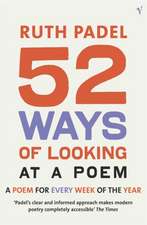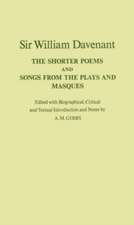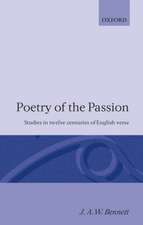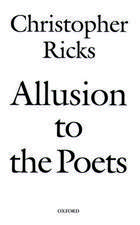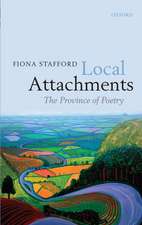How to Kill a Dragon: Aspects of Indo-European Poetics
Autor Calvert Watkinsen Limba Engleză Paperback – 28 iun 2001
| Toate formatele și edițiile | Preț | Express |
|---|---|---|
| Paperback (1) | 335.78 lei 31-37 zile | |
| Oxford University Press – 28 iun 2001 | 335.78 lei 31-37 zile | |
| Hardback (1) | 1177.56 lei 31-37 zile | |
| Oxford University Press – 13 iun 1996 | 1177.56 lei 31-37 zile |
Preț: 335.78 lei
Preț vechi: 425.71 lei
-21% Nou
Puncte Express: 504
Preț estimativ în valută:
64.25€ • 67.26$ • 53.16£
64.25€ • 67.26$ • 53.16£
Carte tipărită la comandă
Livrare economică 26 martie-01 aprilie
Preluare comenzi: 021 569.72.76
Specificații
ISBN-13: 9780195144130
ISBN-10: 0195144139
Pagini: 640
Dimensiuni: 163 x 233 x 42 mm
Greutate: 0.89 kg
Editura: Oxford University Press
Colecția OUP USA
Locul publicării:New York, United States
ISBN-10: 0195144139
Pagini: 640
Dimensiuni: 163 x 233 x 42 mm
Greutate: 0.89 kg
Editura: Oxford University Press
Colecția OUP USA
Locul publicării:New York, United States
Recenzii
since Watkins writes in English, and very readably (exotic material is regularly translated), he will surely dominate Anglophone perceptions of the field ... This is a magnificent work.
"...it attests to an extraordinary erudition and unique command of the major ancient IE languages; it contains innumerable original insights and fascinating notes on religion and mythology; it is well written and develops its argument step by step with growing conviction and clarity; altogether, a challenging and stimulating work!"--The Journal of Indo-European Studies
"The book...is at once an impressive summation of what has gone before and a bold step forward into new waters...In its methodology, in its breadth, Watkins' book can only be termed a tour de force."--Journal of the American Oriental Society
"This book is an inspiring introduction to the problems and techniques of comparative Indo-European poetics and at the same time a major contribution to that field...It is both delightfully entertaining and a very important work..."--The Classical Journal
"...[this] rewarding book crowns many decades of thorough and ofter brillant linguistic research."--Religious Studies Review
"Watkins builds a compelling case for his interpretations....This work is richly illustrated with examples from relevant literature, with all passages presented both in the original and in translation."--Diachronica
"...the sheer mass of the learning in this landmark book by Watkins is overwhelming....the whole book is full of stimulating ideas....We owe a debt of gratitude to Watkins for this massive - and masterly - synthesis of traditional poetics in the Indo-European tradition."--Journal of American Folklore
"...it attests to an extraordinary erudition and unique command of the major ancient IE languages; it contains innumerable original insights and fascinating notes on religion and mythology; it is well written and develops its argument step by step with growing conviction and clarity; altogether, a challenging and stimulating work!"--The Journal of Indo-European Studies
"The book...is at once an impressive summation of what has gone before and a bold step forward into new waters...In its methodology, in its breadth, Watkins' book can only be termed a tour de force."--Journal of the American Oriental Society
"This book is an inspiring introduction to the problems and techniques of comparative Indo-European poetics and at the same time a major contribution to that field...It is both delightfully entertaining and a very important work..."--The Classical Journal
"...[this] rewarding book crowns many decades of thorough and ofter brillant linguistic research."--Religious Studies Review
"Watkins builds a compelling case for his interpretations....This work is richly illustrated with examples from relevant literature, with all passages presented both in the original and in translation."--Diachronica
"...the sheer mass of the learning in this landmark book by Watkins is overwhelming....the whole book is full of stimulating ideas....We owe a debt of gratitude to Watkins for this massive - and masterly - synthesis of traditional poetics in the Indo-European tradition."--Journal of American Folklore


